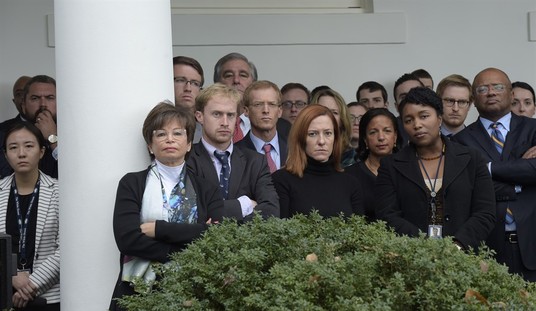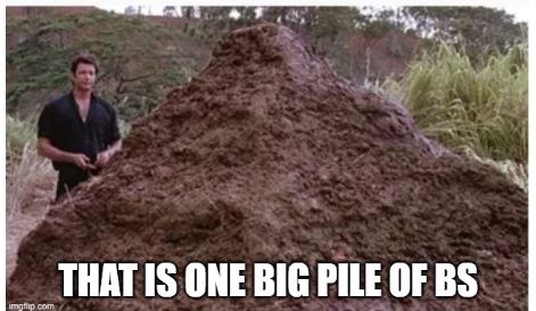Failure to redistribute wealth has deadly consequences, says a sociologist and scientician!
In this study, [Ohio State University Associate Professor of Sociology Hui] Zheng was able to look at deaths in a particular year and control for income inequality for each of up to 21 years preceding the death.
“For the first time, we can clearly capture the long-term effect of income inequality on health,” he said. “Previous studies are likely to miss the effect if the mortality follow-up period is too short for income inequality to exert its impact or too long for income inequality to maintain its influence.”
Other scholars have hypothesized why income inequality may lead to higher death rates. One reason may be that, in countries with rising income inequality, the interests of the wealthy tend to diverge from the rest of society. The wealthiest people may push government for more services for themselves, rather than invest in public goods like education or affordable medical services – services that can affect health for the majority of people.
In addition, inequality reduces social cohesion and trust, which studies suggest is important to individual health.
Finally, inequality may create a culture of upward comparison, where many people see the lifestyles of the rich and feel they can’t live up to expectations. That can lead to negative views of themselves, frustration and depression, which have been linked to sickness and mortality.
Recommended
“None of these negative factors caused by income inequality will have an immediate effect on chronic illness and mortality,” Zheng said.
“But over time they take a toll on health, which can eventually lead to sickness and death. That’s why this study found that it takes 5 years for the effects of income inequality to appear.”
See? Once someone becomes wealthy, misanthropy sets in and he or she stops caring about anyone else. And then do you know what happens? People die. It’s science!
























Join the conversation as a VIP Member